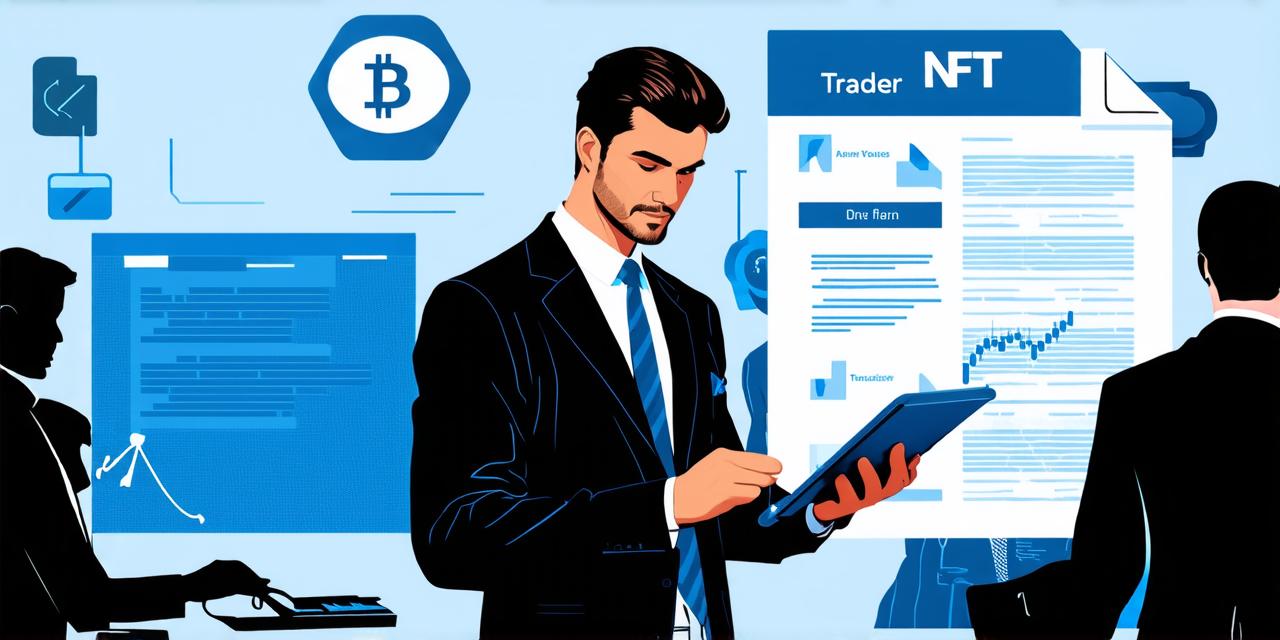Introduction:
Non-Fungible Tokens (NFTs) have taken the world by storm since their inception, offering a new way for creators to monetize their work and for collectors to own unique digital assets. However, as with any financial transaction, there are legal considerations that must be taken into account when trading NFTs. In this article, we will explore the legality of trading NFTs, including the potential risks and implications for both buyers and sellers.
What are NFTs?
Before delving into the legal aspects of trading NFTs, it’s important to understand what they are. NFTs are digital assets that represent unique items such as art, music, videos, and more. They are stored on blockchain technology, which provides a secure and transparent record of ownership. Unlike cryptocurrencies, NFTs are not interchangeable and each one is unique.
The Legal Considerations of Trading NFTs:
Trading NFTs can be a complex process that involves multiple parties and jurisdictions. Here are some key legal considerations to keep in mind when trading NFTs:
1. Intellectual Property Rights: When trading NFTs, it’s important to ensure that the creator of the original work has given permission for their work to be used and sold as an NFT. Failure to obtain proper licensing or ownership can result in legal action and loss of funds.
2. Compliance with Securities Laws: In some countries, trading NFTs may be considered a security, which means that it must comply with securities laws. This includes registering with regulatory bodies and disclosing relevant information to potential investors.
3. Tax Implications: Depending on the jurisdiction where the NFT is traded, there may be tax implications for both buyers and sellers. It’s important to consult with a tax professional to understand your obligations.
4. Smart Contracts: NFTs are often traded using smart contracts, which are self-executing contracts with the terms of the agreement written directly into code. It’s important to ensure that these contracts are legally binding and free from errors or vulnerabilities.
5. International Law: If the parties involved in a trade are located in different countries, international law may come into play. This includes understanding differences in jurisdictional laws and regulations, as well as potential conflicts of interest.

Conclusion:
While trading NFTs can be an exciting and profitable venture, it’s important to approach it with caution and a thorough understanding of the legal considerations involved. By taking steps to protect your interests and comply with relevant laws, you can ensure that your NFT trade is both legal and successful.
